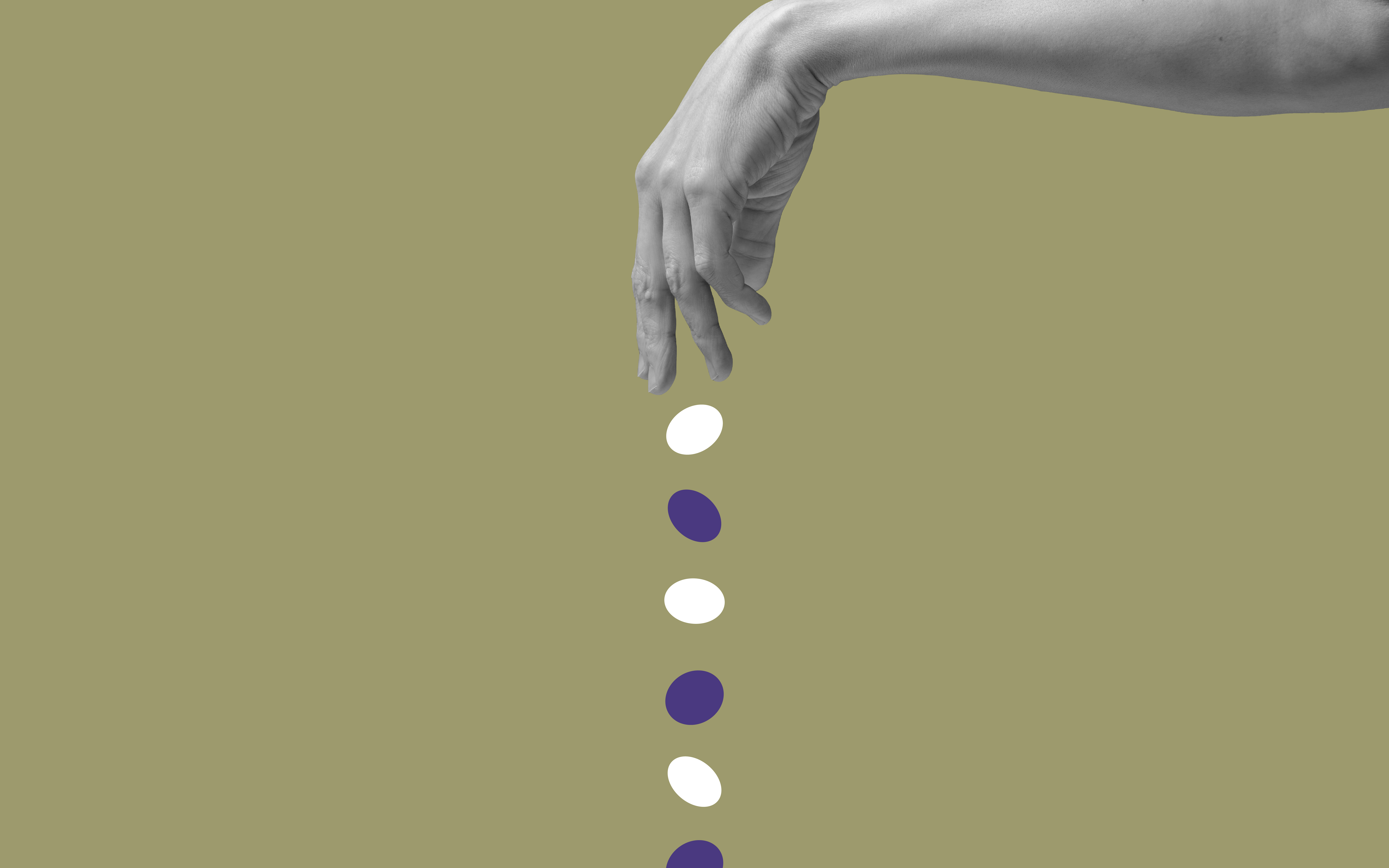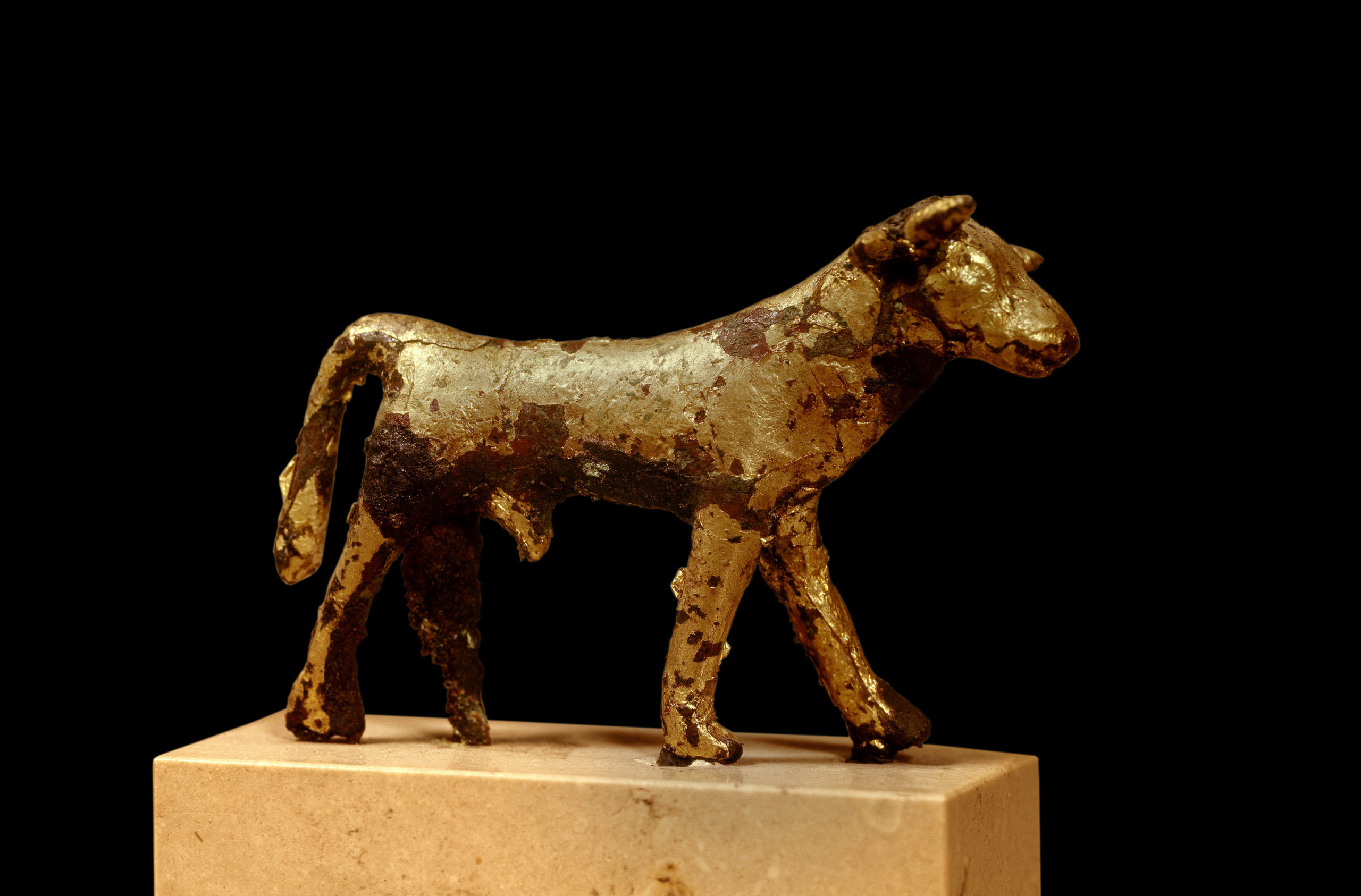A free republic depends on citizens who can take their prosperity into their own hands.
The Right of Rights

Without an inherent right to property, republican government crumbles.
Republics need citizens of a certain character, possessing virtues that support free government. At the same time, government itself must foster and support the virtues and character that best promotes the health and prosperity of the regime. The suggestion that government should support character is met with derision and horror by turns in the present liberal orthodoxy. But the connection between virtue and republican government was something that the founders took seriously. Thomas Jefferson posed this thought experiment in his Notes on the State of Virginia (1785):
Suppose 20 millions of republican Americans thrown all of a sudden into France, what would be the condition of that kingdom? If it would be more turbulent, less happy, less strong, we may believe that the addition of half a million of foreigners to our present numbers would produce a similar effect.
Jefferson’s point, like Plato’s in Book VIII of his Republic, was that regimes and souls have a mutual influence on one another: life under a certain kind of rule shapes the habits of the citizenry. Those habits in turn, especially when expressed among the powerful and talented, add up to determine the character of the state. So foreigners from despotisms are used to the obedience and deference to authority required in the presence of social class superiors—whereas Americans of Jefferson’s day would bristle at such subservience. Their unwillingness to adopt the moeurs of the French monarchy would quickly dissolve the regime. Character and regime forms are intimately connected. This is something that has always been known by competent political thinkers.
In Plutocratic Socialism, Mark T. Mitchell explores republican virtue: how it is formed, and what role government plays in supporting the character most suitable to a republic. In particular, his subject is how property ownership shapes the habits and manners—the virtues—suitable for republican citizens.
Mitchell wisely uses Aristotle, “that sensible Greek,” as a guide to understanding virtue. Aristotle identified the rational use of wealth as the virtue of liberality. It is a mean between the excesses of prodigality and stinginess. The liberal person is known for giving property or wealth in the correct measure according to his means and to the correct recipients, i.e., to those whose characters make them deserving recipients.
But one seemingly odd feature of Aristotle’s discussion of the virtues—including liberality—is that it proceeds without regard to regime forms. Aristotle explains why this is when he discloses that the good man is not identical with the good citizen. The character required of citizens is relative to the regime: democracy requires different character than oligarchies, for example. The virtues of the good man, however, are not relative to the regime. They must be understood as the perfection of human nature per se. And so liberality, whether the regime supports and rewards it or not, is one of the virtues necessary for happiness. A regime that discourages or punishes the accumulation and proper dispensation of wealth, therefore, is one that must inherently thwart the flourishing of its citizens.
Does our republican regime support or discourage the classical virtue of liberality? Mitchell does not answer that question in any detail in this excerpt, but he does indicate that property ownership can benefit republican government as a source of moderation: “the dominion over a piece of productive property” compels owners “to submit to limits imposed by the reality of the property.” This leads to a kind of “quasi-virtue,” the “wisdom of limits.”
Property, for Mitchell, liberates as well as constrains expectations. Its productive capacity invites the creativity of the owner, but at the same time the owner’s ability to use the property for creative purposes is constrained “by the reality of the property” itself. Beyond these rather vague suggestions in the brief summary under consideration, the author makes no real effort to rehearse the questions posed by Locke or Madison about the origins of the right to property—whether it originates in “self-ownership” and is therefore an individual natural right, universal to all times and places, or whether it was simply part of the moral universe that animated the “American founding.” Is property a good per se, and republican government good because it cultivates and incorporates that good? Or is it the other way around—is republican government a good per se, and property good because it is part of what makes republican government work?
Mitchell does not address that question in this excerpt, except to say that the founders “affirmed the existence of a moral order created by God and to which humans were obligated.” There is no doubt that the founders believed in such a moral universe. That was most clearly expressed in the Declaration of Independence—but, as everyone knows, that document doesn’t include the right to property as one of those rights which government was created to protect. Rather, the founders spoke there of the “pursuit of happiness,” which obviously included the right to property, but was more extensive. Property was understood in an Aristotelian sense: it was a necessary condition of human happiness, but not a sufficient condition.
But as Mitchell rightly notes, the “pursuit of happiness” was grounded in the “Laws of Nature and of Nature’s God.” Thus, both reason and revelation support the moral universe which the founders accepted as a “self-evident truth.” Social compact, the idea upon which the Constitution itself rests, supplies the ground for both rights and obligations. Property is surely a necessary part of human happiness, but the pursuit of rational happiness is the principal end or purpose of human life. It is this end or purpose that rested at the core of the moral and political universe that animated the founders. This is an idea that the founders learned from Locke, but it is an idea that they improved and strengthened in order to make it the moving principle of an actual regime.
Givers and Takers
Mitchell, though, completely divorces his account of property from the American Founding. This is clearly indicated by the fact that he never refers to the right of property or the natural right to property—or mentions rights of any kind!
Mitchell states his thesis this way: “when a person owns productive property—that is to say capital—there exists the opportunity to practice the art of self-sufficiency and with it the virtue of neighborliness.” The art (or arts) associated with exploiting the productive potential of capital induces in the proprietor “a sort of fierce pride in his independence,” a pride which keeps the “omni-benevolent hand of the state” at bay. (Our author doesn’t include pride among the virtues, although a follower of Aristotle might well be tempted to do so.)
The accumulation of wealth that results from the exploitation of capital allows those with “self-sufficient pride” in “independence” to benefit neighbors lacking in pride and wealth. Those property owners who accumulate wealth not only develop an inclination to help those in need, but have an obligation to do so—although the source of the obligation is not entirely clear, beyond a rather tendentious citation of biblical text. The obligation is to use excess capital accumulation for charity, and this habituates property owners to the “virtue of generosity.” What results from the new-found republican virtue is “a community of interdependent neighbors.” It will apparently be a community of Christian capitalists, their capitalism tempered and directed by the “virtue of generosity.”
It is difficult, however, to see how a fierce desire for independence can foster community. The basis for community seems to be an obligation on the part of capitalists to take the place of the state in providing charity or care for the poor. What kind of community is created by this obligation? Wouldn’t it be a community of givers and takers? What do they have in common? Wouldn’t this be an inegalitarian community of irreconcilable interests—an oligarchy? Would the fact that the “givers” have replaced the “omnipresence” of government be sufficient to override the differences between rich and poor? Does charity alone have such power? Would the “charity” of the givers be genuine, since it is an “obligation,” or would the pride of the givers become even fiercer by their entitlement to rule? Many unexamined difficulties lurk here.
Nevertheless, our author forges on. In quick order we also learn that the “virtue of thrift” is another essential republican virtue. It demands deferred gratification, the sacrifice of short-term interests and pleasures to the longer-term calculations demanded by the rational pursuit of higher goods. Deferred gratification seems to be the main requirement of “middle-class” virtue. But in the community of givers and takers it is unclear how the middle class arises. Do the takers advance to middle class status by their thrift? Some analysis of Aristotle’s polity and the role of the middle class might have been helpful here; or even Madison’s expectations that the middle class was the key for the American polity.
It is true that deferred gratification is key to responsibility, a crucial factor in understanding a self-governing community, especially one predicated on the sovereignty of the people. But the author’s point seems to be that deferred gratification, in fostering individual responsibility, somehow promotes freedom by keeping the government from expanding its power and authority. When people take responsibility for themselves, government will be forestalled.
Mitchell warns that property ownership does not guarantee republican virtue, nor does it guarantee freedom. But he is correct to emphasize that widespread property ownership is more likely to foster independence and the virtues associated with self-governance. The steady erosion of property rights in the era of the administrative state makes it crucial to support the individual right to property and the virtues that support it. During the founding era the right to property was often described as the comprehensive right that guarantees every other right.
While Mitchell doesn’t write about property and virtue in terms of the principles of the founding, he does write in the spirit of the founders. But for a defense of the founders’ spirit to be effective, I think it must be anchored in the founding principles they articulated in the Declaration of Independence. This document described the moral universe which supported those “inalienable rights” to “life, liberty, and the pursuit of happiness” with which human beings were “endowed by their Creator.” The first principle of the Creator’s endowment was the “self-evident truth” that “all men are created equal,” which means that the “just powers” of government derive from the “consent of the governed.”
This is social compact which grounds all obligations on consent. Equality and consent are reciprocal terms and serve as both the origin of rights and of obligations. This principled basis would save our author’s discussion of republican virtues from its rather episodic and random character. If property is not a right, then the use of it can hardly be a virtue—and Mitchell’s failure to discuss the matter in these terms shows how far from the founders he has wandered.
The American Mind presents a range of perspectives. Views are writers’ own and do not necessarily represent those of The Claremont Institute.
The American Mind is a publication of the Claremont Institute, a non-profit 501(c)(3) organization, dedicated to restoring the principles of the American Founding to their rightful, preeminent authority in our national life. Interested in supporting our work? Gifts to the Claremont Institute are tax-deductible.
The liberal caricature of the miserable housewife has created more misery than it cured.
Inequality and unfairness cannot be eliminated without eliminating what is best in humanity.
Wealth, if managed well, can be a positive good, not just a necessary evil.




